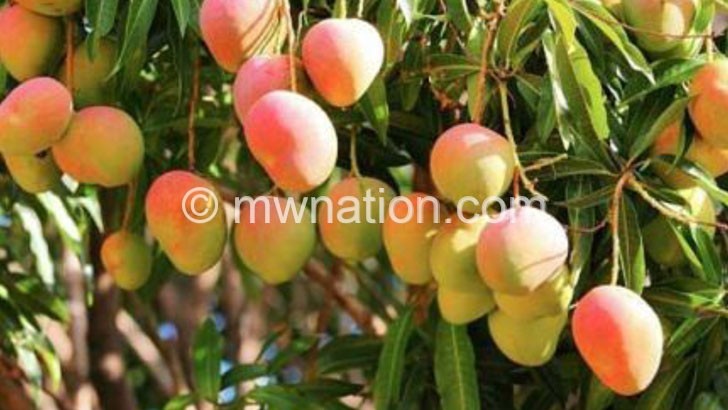Initiative eyes 120 000MT of horticultural exports
One of the local private agribusiness firms Synthesis Agriculture has embarked on the production of high value horticultural crops with the aim to seize the existing 120 000 metric tonnes of export markets.
In an interview, Dickson Kilowe managing director of the firm said they are working with farmers nationwide to build their capacity to produce high value export-oriented horticultural products.

He explained that some high value horticultural products on demand and being produced are chillies, tomatoes, okra, beans, garlic, turnips, egg plants among others.
“We conduct farm management training and visit farmers to ensure the production value chain is within required standards,” Kilowe said. “We do soil and water analysis to ensure the farmer is on track before starting to produce to avoid a mismatch between soil and water composition.
He said the company has found markets in Dubai for Malawian produce.
“The demand is at around 120 metric tonnes [MT] of high value horticultural crops every Friday. But currently, we do not have the volumes to grab the opportunity.
“We also have another market in the Netherlands that we are supposed to supply 1 000 metric tonnes of different high value horticultural crops including perishable commodities monthly,” Kilowe explained.
He said the demanded tonnage is huge; hence, the firm is working with farmers to scale-up production.
The Malawi Investment and Trade Center (Mitc) recently said local producers are failing to take advantage of the $1.2 billion (about K885 billion) external market for various agricultural products due to low output.
Mitc chief executive officer Clement Kumbemba described the situation as worrying as Malawi is losing out on major investment deals because many producers and exporters are failing to export in line with their given orders.
He said, for example, Mitc secure exports orders in India, Zimbabwe, United Arab Emirates and Botswana, but local suppliers have failed to meet the demand.
The commodities that are on high demand include chillies, rice, beans, soya, groundnuts, macadamia, honey, sunflower among others.
National Working Group on Trade Policy chairperson Frederick Changaya said Malawi needs to revisit its trade policies as there is no multiplier effect.
“Malawi trade balance with the rest of the world has been widening over the years despite various policy interventions to narrow the trade deficit,” he warns.




